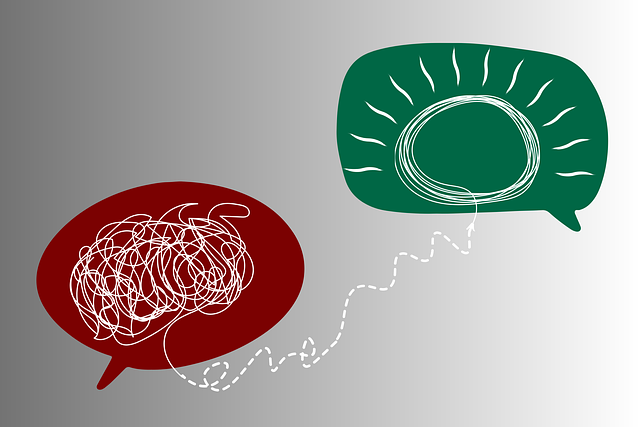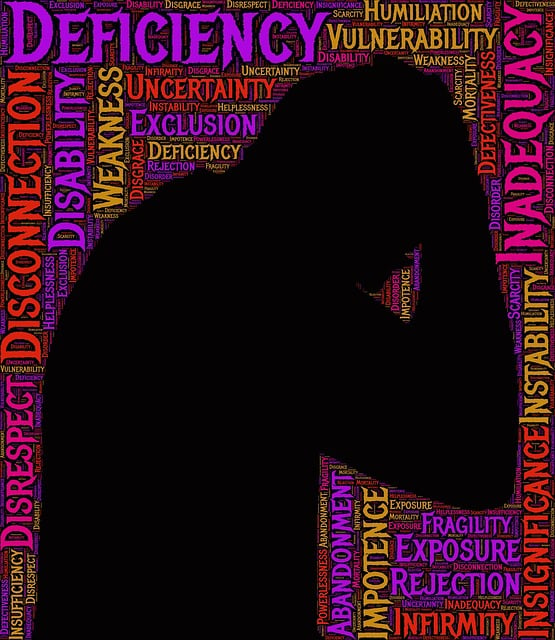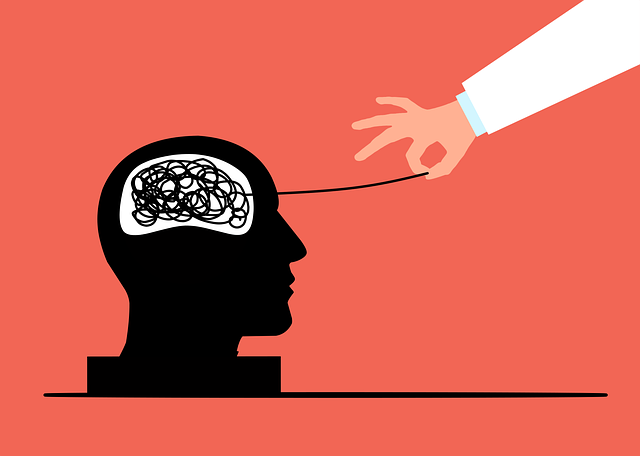Boulder Psychological Testing Therapy (BPTT) is committed to culturally competent healthcare, addressing biases and language barriers to improve patient outcomes in diverse Boulder. Through comprehensive training, they empower mental health professionals to understand unique cultural beliefs and practices, integrate stigma reduction techniques, and use adaptive communication strategies like active listening for effective care delivery. BPTT promotes self-awareness through workshops and partnerships, ensuring personalized mood management tailored to each patient's cultural context.
In an increasingly diverse healthcare landscape, cultural competency is no longer an optional skill for providers. Boulder Psychological Testing & Therapy recognizes this crucial aspect of patient care, offering comprehensive training programs designed to enhance interactions with diverse patient populations. This article delves into the essential components of cultural competency in healthcare, focusing on bias awareness, effective communication strategies, and practical tips tailored to the unique context of Boulder Psychological Services.
- Understanding Cultural Competency in Healthcare: Why It Matters in Boulder Psychological Services
- Identifying and Overcoming Biases: A Key Component of Training
- Effective Communication Strategies for Diverse Patient Populations
- Building Cultural Sensitivity: Practical Tips for Healthcare Providers at Boulder Psychological Testing & Therapy
Understanding Cultural Competency in Healthcare: Why It Matters in Boulder Psychological Services

Cultural competency is an essential aspect of providing quality healthcare, particularly in a diverse community like Boulder. At Boulder Psychological Testing and Therapy, we recognize that understanding cultural nuances is vital to ensuring effective treatment and building trust with clients from various backgrounds. This approach goes beyond basic language translation; it involves recognizing and appreciating the unique beliefs, values, and practices that shape individuals’ health perspectives.
By integrating cultural competency into our training programs, Boulder Psychological Services aims to address the Mental Illness Stigma Reduction Efforts and promote Emotional Well-being Promotion Techniques. Our mental health professionals are trained to conduct thorough risk assessments, considering cultural factors that may impact a client’s mental health and treatment outcomes. This proactive approach ensures that we deliver culturally sensitive care, fostering an inclusive environment where every individual feels valued and understood during their journey towards improved psychological well-being.
Identifying and Overcoming Biases: A Key Component of Training

Identifying and overcoming biases is a fundamental aspect of healthcare provider cultural competency training. Biases, whether conscious or unconscious, can significantly impact patient care, leading to misdiagnoses, inadequate treatment plans, and a breakdown in communication. Training programs in Boulder Psychological Testing & Therapy focus on helping providers recognize their own biases, which often stem from personal experiences, societal influences, and stereotypes. By acknowledging these biases, healthcare professionals can better understand the nuances of different cultural backgrounds, ensuring they provide respectful, inclusive, and effective care to all patients.
Effective training equips providers with essential tools like self-care practices and mood management techniques to maintain impartiality. Additionally, it emphasizes communication strategies that bridge cultural gaps, fostering open dialogues and building trust between healthcare workers and diverse patient populations. Through continuous learning and reflection, providers can create a more inclusive healthcare environment, ultimately improving patient outcomes and satisfaction.
Effective Communication Strategies for Diverse Patient Populations

In an increasingly diverse healthcare landscape, effective communication strategies are vital for building strong patient-provider relationships. Understanding and respecting cultural differences can significantly enhance care delivery, ensuring that every patient receives personalized attention tailored to their unique needs. Healthcare providers in Boulder Psychological Testing Therapy recognize that patients from various ethnic, linguistic, and socio-economic backgrounds may have distinct communication preferences and perspectives. By employing culturally sensitive techniques, such as active listening, clear language, and open-ended questions, healthcare professionals can foster an environment of trust and understanding.
The Stress Management Workshops Organization often emphasizes the importance of adaptability in communication. Providers should be equipped with tools to navigate language barriers through interpreters or multilingual resources. Moreover, incorporating practices like Mindfulness Meditation into patient interactions can promote calmness and improve comprehension. Public Awareness Campaigns Development can also play a role in educating both patients and healthcare staff about cultural competency, ensuring that everyone involved is aligned in delivering equitable care.
Building Cultural Sensitivity: Practical Tips for Healthcare Providers at Boulder Psychological Testing & Therapy

At Boulder Psychological Testing & Therapy, we recognize that cultural competency is a cornerstone of providing exceptional patient care. Building cultural sensitivity among healthcare providers involves a deep understanding and respect for diverse backgrounds, values, and beliefs. Our practical tips aim to empower professionals in navigating these nuances effectively.
Encouraging open dialogue about cultural differences and similarities can foster an inclusive environment. Integrating mindfulness meditation and mental wellness coaching programs into training sessions enhances self-awareness, enabling providers to recognize and appreciate individual perspectives. Additionally, exposing staff to various communities through workshops, panel discussions, or community partnerships broadens their perspective, ensuring that every patient receives personalized care tailored to their unique cultural context—a key aspect of successful mood management.
Cultural competency training is a vital tool for healthcare providers, ensuring they can offer effective and empathetic care to diverse patient populations. By understanding biases, employing inclusive communication strategies, and building cultural sensitivity, as outlined in this article, professionals at Boulder Psychological Testing & Therapy can enhance the overall patient experience and create a more welcoming environment. This approach not only benefits individuals seeking support but also contributes to the advancement of healthcare services in our diverse communities.











